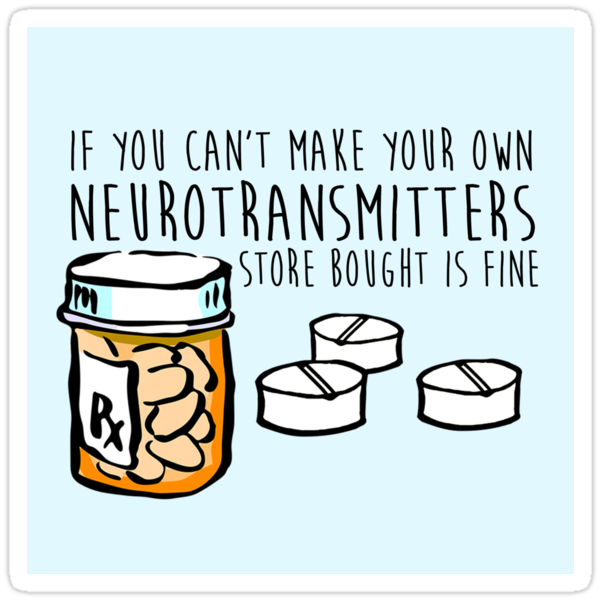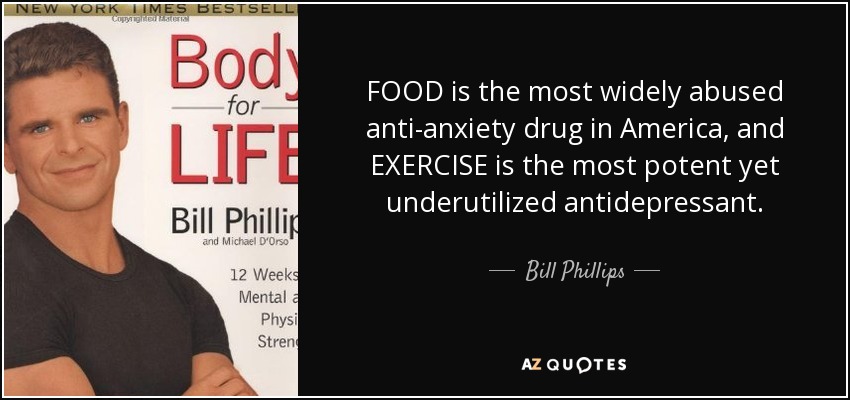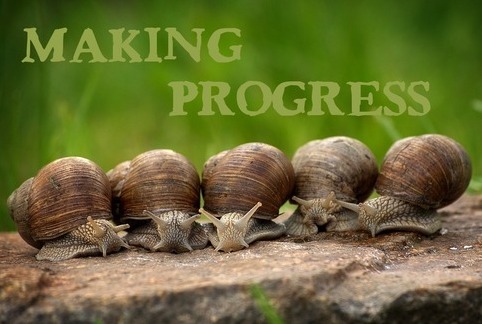There is a holy trinity in mental health care for treating depression and anxiety that us patients rather a hate to be reminded of. (Well, that might just be me.) To maximize the success of your mental health care plan, it needs to have elements of prescription medication management, professional psychotherapy, and physical exercise.

Part 1: Medication: It took me years to have the courage to accept that I needed medication. Once I did, I needed regular check ins between myself, my prescriber, and my therapist. Taking care of this part of the tripod is as much about the consistent check ins regarding what is and isn’t effective as it is about taking the medication correctly
Part 2: Therapy: Therapy has been a part of my life since I was a teen. There are dozens of philosophies and methods. My current therapist has been a part of my care team for a year. She specializes in Dialectical Behavior Therapy (DBT) and insists that we make and work towards goals in therapy instead of simply coming in and ranting about the stresses and tribulations of the previous week. https://www.psychologytoday.com/us/therapy-types/dialectical-behavior-therapy

Part 3: Exercise. Gods, I hate being told that I can’t expect my care plan to be effective if I’m not exercising. That being understood, every doctor and every therapist has made a point of suggesting an exercise plan to coordinate with my medications and talk therapy. I pick up exercise and put it down again over and over, never entirely managing to make it a part of my daily routine. A year ago I managed 5 months of working out 3-5 times a week and ran a 5k Virtual Race. Now, though, I’m struggling to manage 2 weekly workouts. I’m on an upswing, mentally and physically. Maybe this part of my care will stay in balance for longer this time.

